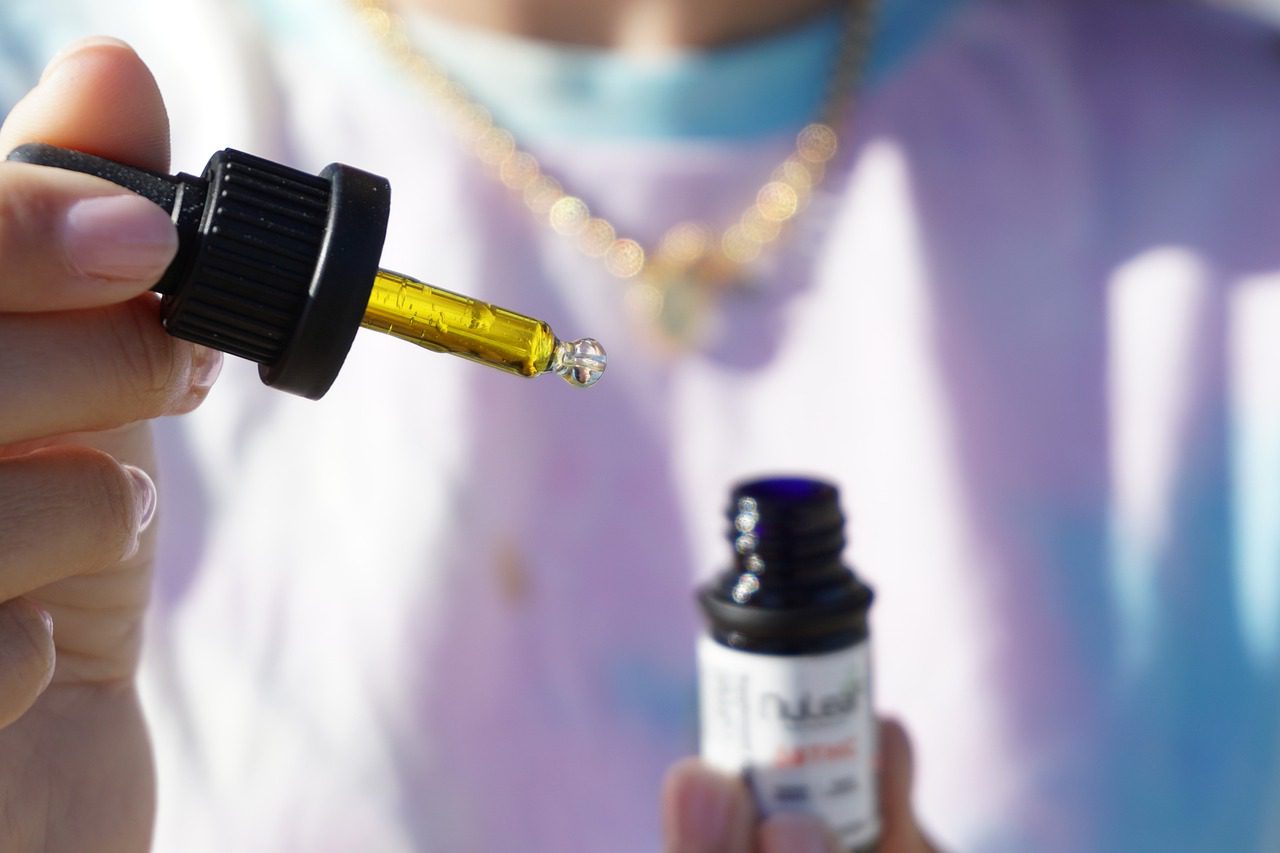Healthy and strong hair is something that everyone desires. They indulge in hair care regimes and use various hair care products. Some people even spend huge sums of their hard-earned money on treatments and procedures to get rid of hair fall problems and achieve the...
Category
CBD Benefits
How Does CBD Affect Athletes Of Individual Sports?
Several people are benefitting from alternative treatments such as cannabis and its derivative compounds in the modern age. CBD, in recent times, has gained a significant amount of popularity and ground in the market. Furthermore, the fortunes changed for the natural...
Living Healthy With Delta THC and CBD
Gone are the days when marijuana held a confined notion of merely a recreational drug. It has surprised us today and continues to do so with its invaluable medicinal and healing properties. But cannabis does not come in just a single form. Cannabis comprises several...
The Ultimate Guide to CBD Oil Benefits
CBD is touted as a cure-all to, well, almost anything. But – what about your needs? Could CBD oil cure, treat, or improve the symptoms of your specific condition? Inside this guide, you’ll find a list of conditions that CBD can help improve. Along with each condition,...
Popular Categories
Company
TNZ Web Solutions Limited is registered with the New Zealand Companies office. Company Record: 8208571
Contact
© Artisynq 2022 Terms & Conditions – Privacy Policy – Additional Info












